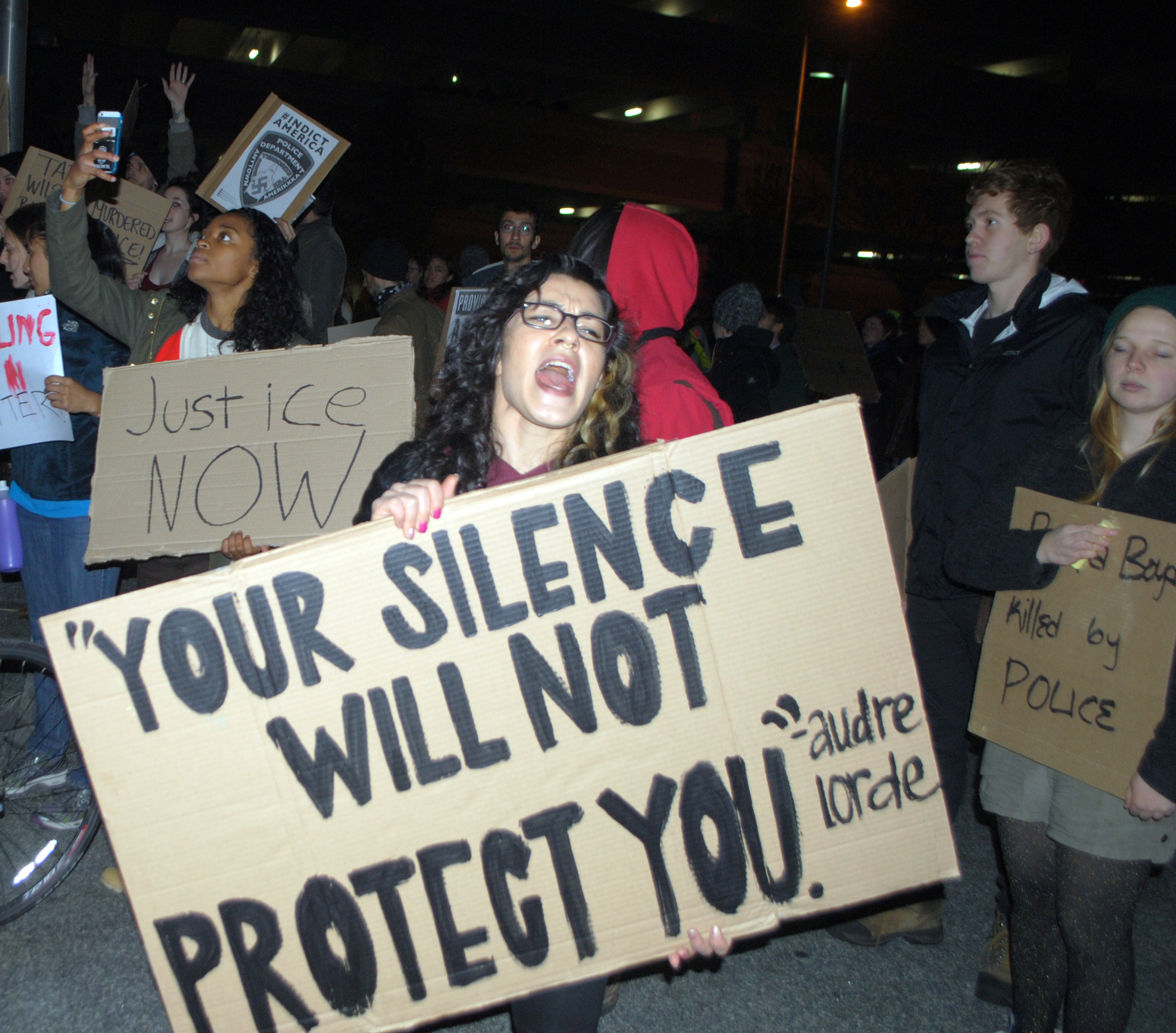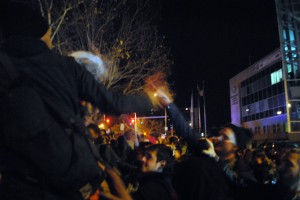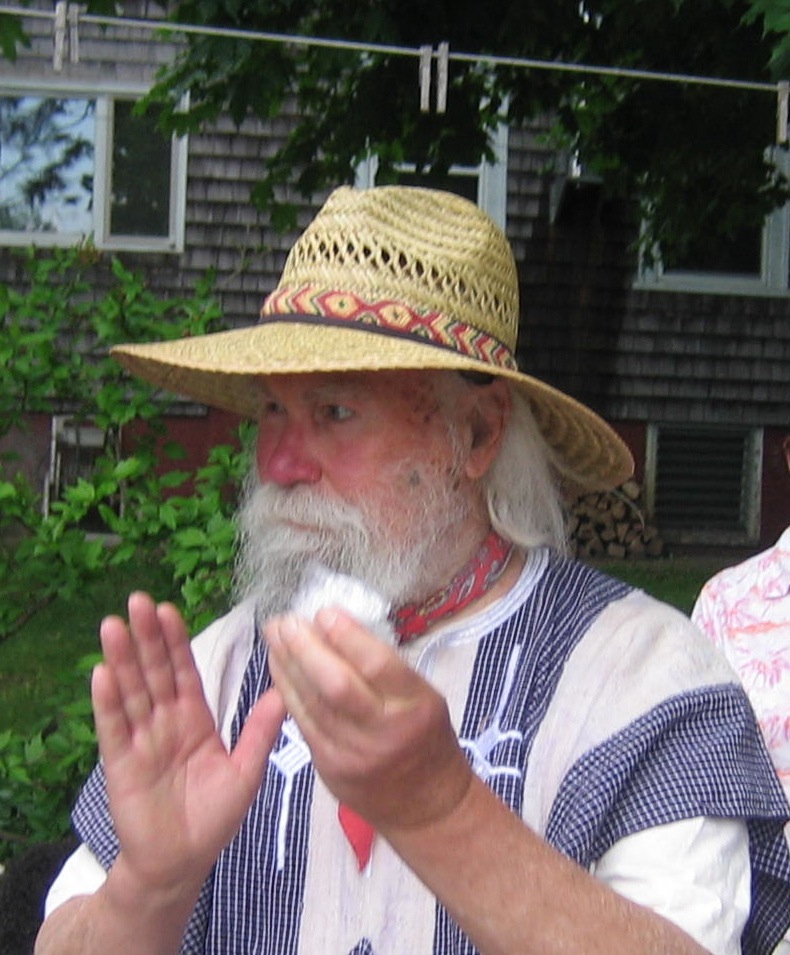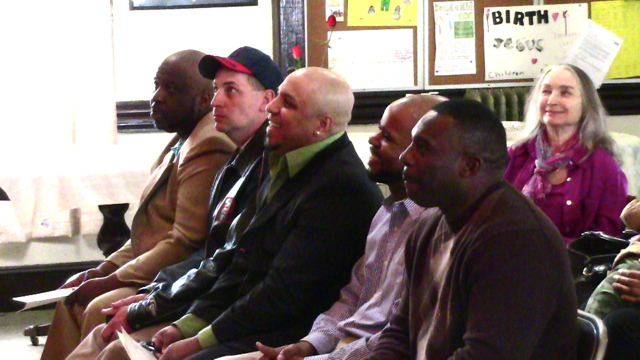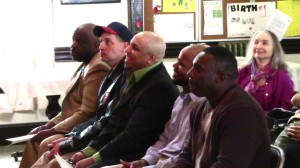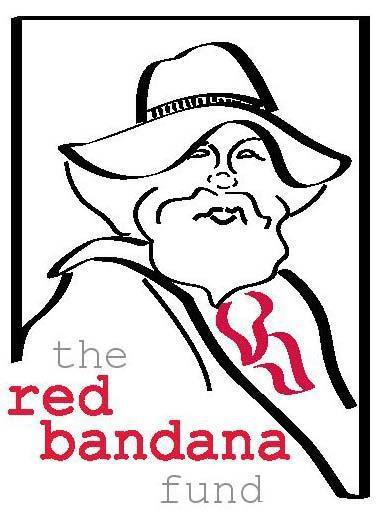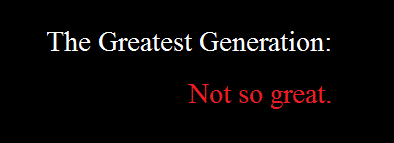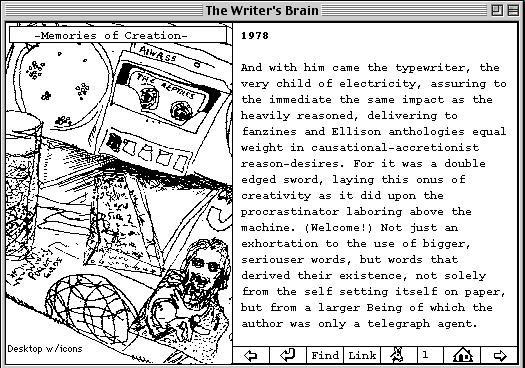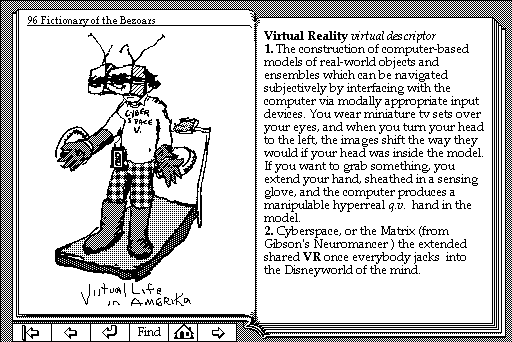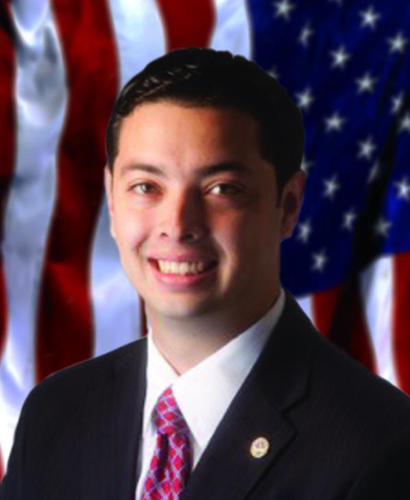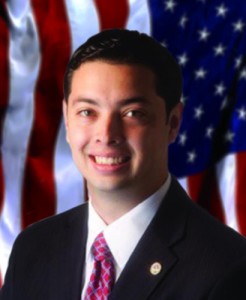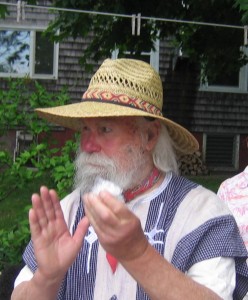 This weekend look for the gathering of friends, Rhode Island College educators, progressives, folkies and family members of the late Richard J. Walton, who come to the Red Bandana Award to pay homage and remember him. With his prominent long white beard and red bandana, decked out in blue jean overalls and wearing a baseball cap, Walton was a dedicated advocate of worker rights and committed to the nurturing of young people as a college professor at Rhode Island College. He gave hundreds of hours of service every month to organizations including Amos House, the George Wiley Center, Providence Niquinhomo Sister City Project, the Green Party, and Stone Soup Folk Arts Foundation.
This weekend look for the gathering of friends, Rhode Island College educators, progressives, folkies and family members of the late Richard J. Walton, who come to the Red Bandana Award to pay homage and remember him. With his prominent long white beard and red bandana, decked out in blue jean overalls and wearing a baseball cap, Walton was a dedicated advocate of worker rights and committed to the nurturing of young people as a college professor at Rhode Island College. He gave hundreds of hours of service every month to organizations including Amos House, the George Wiley Center, Providence Niquinhomo Sister City Project, the Green Party, and Stone Soup Folk Arts Foundation.
The Red Bandana Fund was also created to be a legacy to help sustain Rhode Island’s community of individuals and organizations that embody the lifelong peace and justice ideas of Walton. Through the Red Bandana Fund, an annual financial award will be made to an organization or individual whose work best represents the ideals of peace and social justice that exemplify Walton’s life work.
Stephen Graham, a member of committee organizing the fundraiser, noted that 12 nominations received. “There were many deserving nominations, all of which one could make an excellent argument for the award,” he said. “After much deliberation and agonizing, the Red Bandana Fund decided to give not one but two awards,” noted Stephen Graham, a member of the committee. “Awards will be given to longtime community activist and hell-raiser, Henry Shelton, and the other to the passionate, unrelenting organizing workers called the Providence Student Union (PSU),” he says, noting that their work embodies the spirit and work of Walton, a well-known social activist in the Rhode Island area who died in 2012.
“Richard would have loved the choices,” noted Graham, a very close friend of Walton’s and a retired community activist.
The Red Bandana Fund celebration takes place on Sunday, June 8 at Nick-a-Nees, 75 South Street. In Providence from 4:00 p.m. to 7:00 p.m. The event is open to the public and donations accepted. Shelton, a former Catholic priest and long-time director of the Pawtucket-based George Wiley Center, is known throughout the region for his steadfast commitment to bettering the lives of all Rhode Islanders, especially the poor and disadvantaged. As a longtime advocate for the needy, he has been a fixture on the streets and at the statehouse for decades, advocating for fairness in housing, public transportation, and medical care.
“It is not an understatement to say that Shelton is the conscience of this state and has been for a long, long time,” says Graham, noting that there was no way Shelton could be ignored.
The committee also honored a new generation of young people working to make a better world, added Graham. So, the Red Bandana Fund also recognizes the PSU for its groundbreaking work done in addressing important issues of education in creative and powerful ways. The PSU is an important voice in the debate over the value of high-stakes testing, challenging the NECAP tests as a requirement for graduation, and has forced officials and politicians to address their concerns, he said.
“It is their commitment to grass-roots organizing and social change, at such a young age, that has earned them the recognition and thanks of the Red Bandana Fund and for all those fighting for justice in today’s society,” says Graham. Coming up with a name for Walton’s fundraiser was tied to his unique fashion sense and was the idea of his daughter Cathy Barnard and Richard, her brother. Like most people, Richard had a vivid, visual image of his father, who had long white hair and beard, being known for wearing his trademark worn blue jean overalls, a red bandana and Stone Soup baseball cap. After Walton died his close friends came over to his house and wanted one of his red bandanas to remember him. Thus, the red bandana became the perfect moniker and recognition for the annual fundraiser.
Says Bill Harley, also on the organizing committee, The Red Bandana Fund is a continuation of Walton’s tradition of having an annual birthday bash – usually held the first Sunday in June, to raise money for Amos House & the Providence-Niquinohomo Sister City Project and other progressive causes. Over 24 years, Walton had raised over $40,000 for these favorite charities, attracting hundreds of people each year including the state’s powerful political and media elite to his family compound located at Pawtuxet Cove in Warwick
“We hope all the people who attended Richard’s parties in the past [1988 to 2011] will show up for the event and you can bring your favorite dish for the potluck,” adds Harley.
“This is our second year giving the award,” said Bill Harley, a member of the selection committee. “We chose the awardees from a great list of nominations, and decided to acknowledge both young organizers, and one of our long-time heroes. Too often, the people who are in the trenches working for us don’t get recognized. We hope the Award begins to address that shortcoming.”
According to Graham, “last year’s event was more of a concert and tribute to Walton.” Over 300 people attended the inaugural Red Bandana fundraising event in 2013 at Shea High School, raising more than $11,000 from ticket sales, a silent auction and raffle. At this event, the first recipient, Amos House, received a $1,000, he said. Graham says the well-known nonprofit was chosen because of its very long relationship with Walton. He was a founding board member, serving for over 30 years, being board chair for a number of years. For almost three decades, the homeless advocate spent an overnight shift with the men who lived in the 90-Day Shelter Program each Thursday bringing them milk and cookies. Each Friday morning he would make pancakes and eggs in the soup kitchen for hundreds of men and women who came to eat a hot meal.
As to getting this year’s Red Bandana Fund off the ground, Harley says: “It’s been a year of fits and starts to make this thing work. I believe that the establishment of this award, and the honoring of people on a yearly basis, will help us build a community here that can transform our culture. It’s a little thing down the road, I can envision this award meaning more and more to recipients, and to the community those recipients come from.”
Walton touched people’s lives, Rick Wahlberg, one of the organizers. “Everyone had such an interesting story to tell about Richard,” he stated, noting that the Warwick resident, known as a social activist, educator, humanitarian, very prolific writer, and a co-founder of Pawtucket’s Stone Soup Coffee House “had made everyone feel that they themselves had a very special, close relationship with him.” Like last year’s inaugural event, Wahlberg expects to see many of Walton’s friends at the upcoming June 8th fundraiser. He and others attending will view this event as a “gathering of the clan” since those attending will be Walton’s extended Rhode Island family.
So, block out some time on your busy Sunday. Come to the Red Bandana Fund event to remember our good old friend, Richard Walton, and support his legacy and positive impact in making Rhode Island a better place to live and work. Enjoy the gathering of caring people who come to recognize the advocacy efforts of Shelton and the PSU to carry on Walton’s work.
Spread the word.
Core participants in organizing this year’s Red Bandana Fund include, Bill Harley, Stephen Graham, Jane Falvey, Barbara & Rick Wahlberg. Other participants included Jane Murphy, Jodi Glass, Cathy Barnard and Richard Walton, Jr.
For more information about donating to The Red Bandana Fund, click here.
Herb Weiss, LRI’12, is a Pawtucket-based writer who covers health care, aging, and medical issues. He can be reached at hweissri@aol.com.
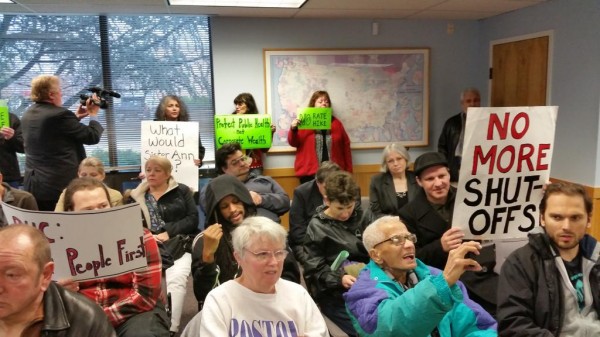 The Rhode Island Public Utilities Commission (PUC) today decided to not grant National Grid the nearly 25% price increase it asked for, but instead approved a 14% increase that will allow National Grid to come back in the Summer to ask for more money. The decision was met with anger and outrage by the over one hundred people who packed the small meeting room to oppose the increase.
The Rhode Island Public Utilities Commission (PUC) today decided to not grant National Grid the nearly 25% price increase it asked for, but instead approved a 14% increase that will allow National Grid to come back in the Summer to ask for more money. The decision was met with anger and outrage by the over one hundred people who packed the small meeting room to oppose the increase.
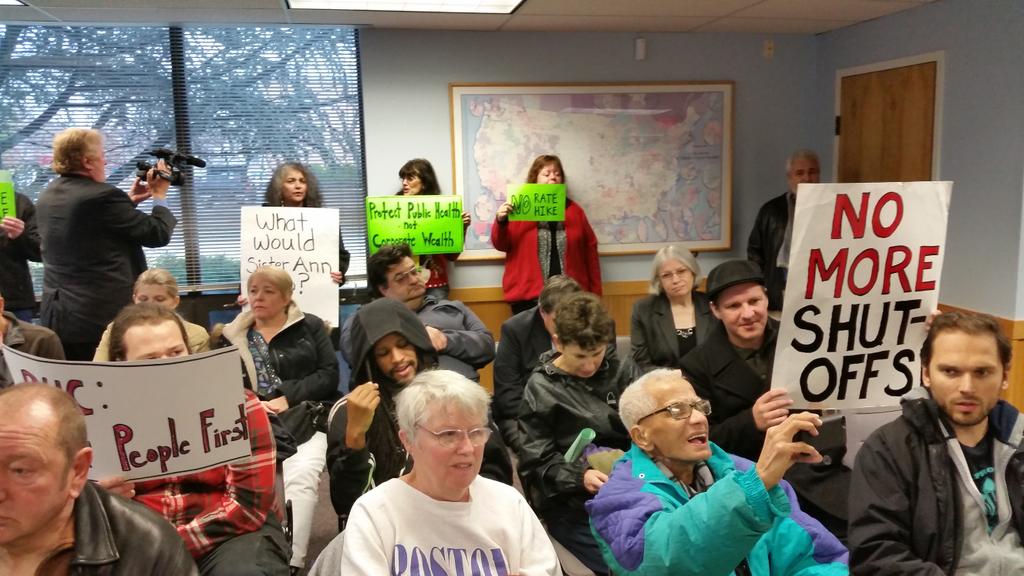

 Tess Brown-Lavoie is one of the six people arrested November 25 for allegedly engaging in disorderly conduct on the highway during a Ferguson protest here in Providence. Brown-Lavoie is a farmer and writer in Providence. She serves on the board of the New England Farmers Union, the National Young Farmers Coalition and the Rhode Island Food Policy Council. She coordinates the Young Farmer Network. This not being enough, she is also the drummer for
Tess Brown-Lavoie is one of the six people arrested November 25 for allegedly engaging in disorderly conduct on the highway during a Ferguson protest here in Providence. Brown-Lavoie is a farmer and writer in Providence. She serves on the board of the New England Farmers Union, the National Young Farmers Coalition and the Rhode Island Food Policy Council. She coordinates the Young Farmer Network. This not being enough, she is also the drummer for 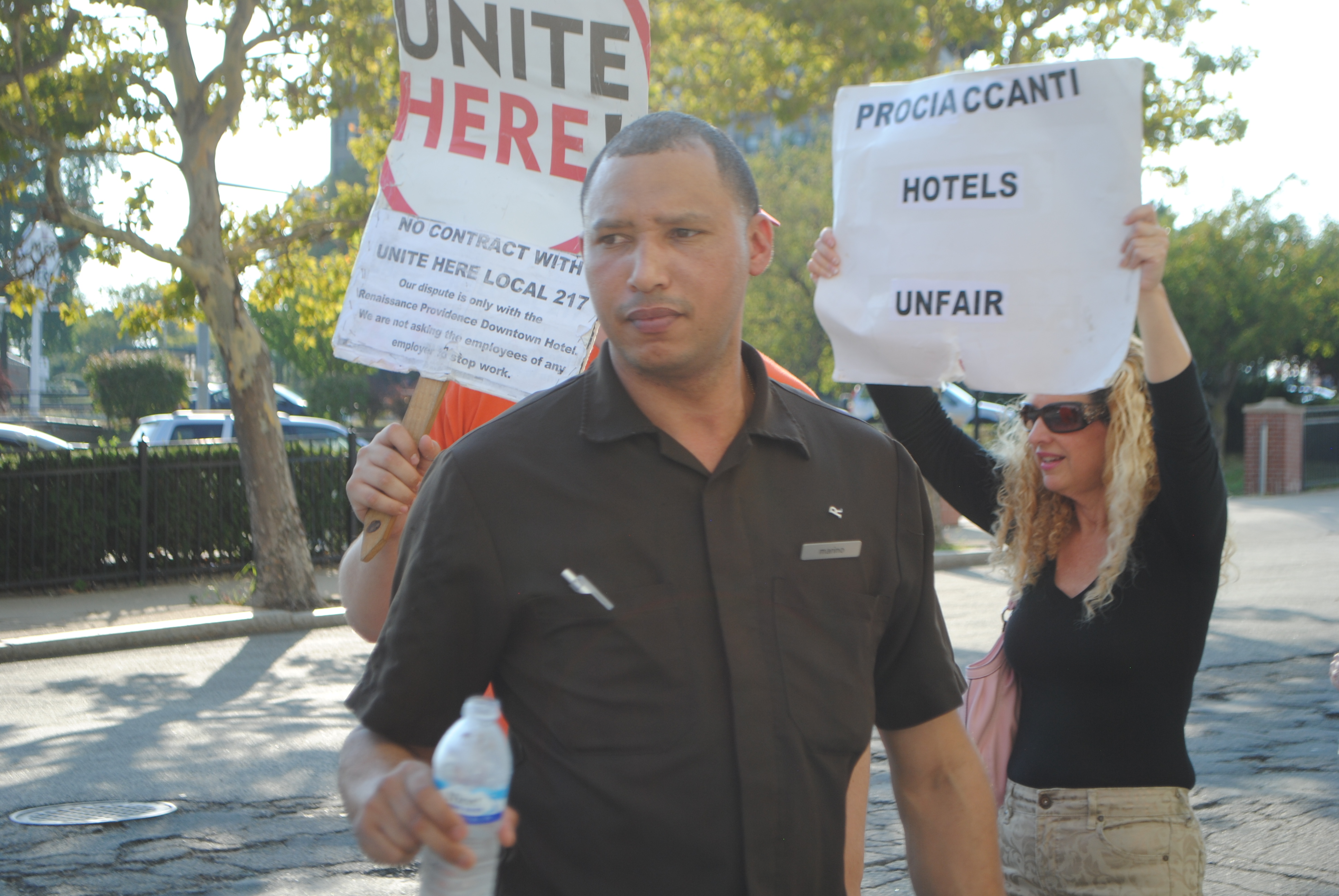

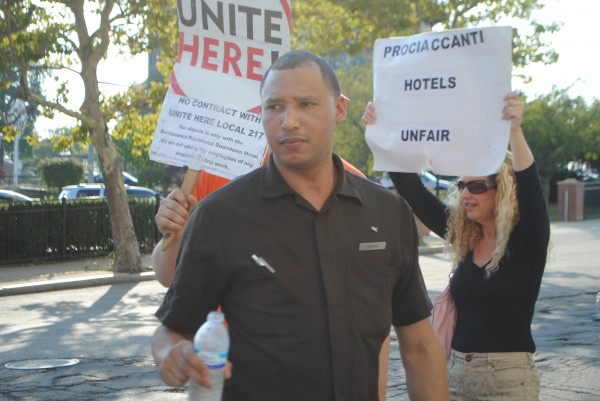
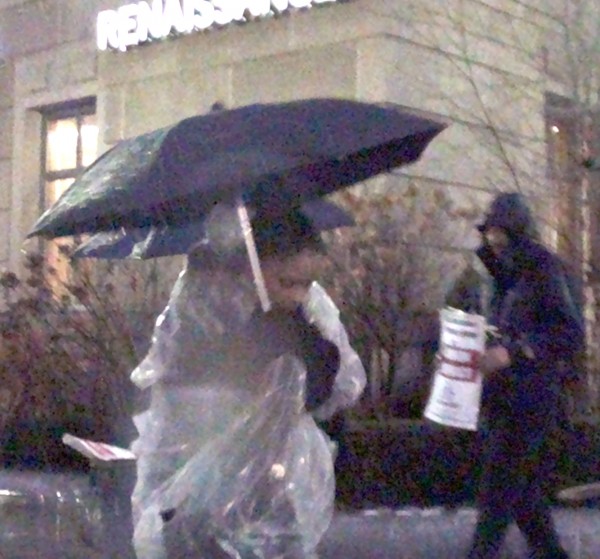 The Providence Renaissance Hotel is run by The Procaccianti Group, which also manages the Providence Hilton. They have a long history of treating employees less than fairly. In March I profiled
The Providence Renaissance Hotel is run by The Procaccianti Group, which also manages the Providence Hilton. They have a long history of treating employees less than fairly. In March I profiled 
 The Providence firefighter who raised his fist in solidarity with protesters who burned an American flag outside the Providence Public Safety Complex is
The Providence firefighter who raised his fist in solidarity with protesters who burned an American flag outside the Providence Public Safety Complex is 
